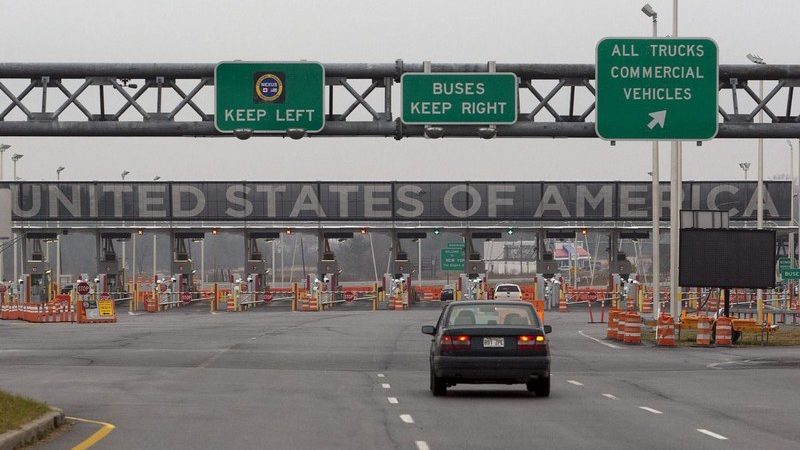US to deny asylum to illegal border crossers

WASHINGTON, (DNA) – The United States will no longer allow people who enter the country illegally to claim asylum, officials said on Thursday, unveiling a controversial new crackdown on immigration.
The restriction on asylum claims will seek to address what a senior administration official called the “historically unparalleled abuse of our immigration system” along the border with Mexico.
The new rule was published by the Department of Homeland Security and is expected to get President Donald Trump’s signature shortly — as well as face court challenges.
The American Civil Liberties Union said that the right to request asylum must be granted to anyone entering the country, regardless of where they were.
“US law specifically allows individuals to apply for asylum whether or not they are at a port of entry. It is illegal to circumvent that by agency or presidential decree,” the ACLU said.
But according to the new rule, Trump has authority to restrict illegal immigration “if he determines it to be in the national interest.”
Trump’s administration argues that he has the executive power to curb immigration in the name of national security, a power he invoked right after taking office with a controversial ban on travellers from several mostly-Muslim countries — whose final version was upheld by the US Supreme Court on June 26 after a protracted legal battle.
“Today’s rule applies this important principle to aliens who violate such a suspension or restriction regarding the southern border,” Secretary of Homeland Security Kirstjen Nielsen and acting attorney general Matthew Whitaker said.
Those seeking political or other kinds of asylum — nearly all of them coming from impoverished and violent crime-plagued countries of Central America — will be heard exclusively at the border crossings, administration officials told journalists.
This is expected to put a dent in those streaming into an already overburdened system, officials said, noting that there is a backlog of more than 700,000 cases in the immigration courts.
Related News

UNESCO Proclaims May 5th as World Day of Portuguese Language and Lusophone Cultures
In 2009, fifteen years ago, the date of 5th of May was officially established byRead More

Paçacı appointed as Special envoy of SG-OIC on Islamophobia
As of 2022, he is serving as Turkey’s Ambassador to Pakistan DNA ANKARA: The TurkishRead More


Comments are Closed